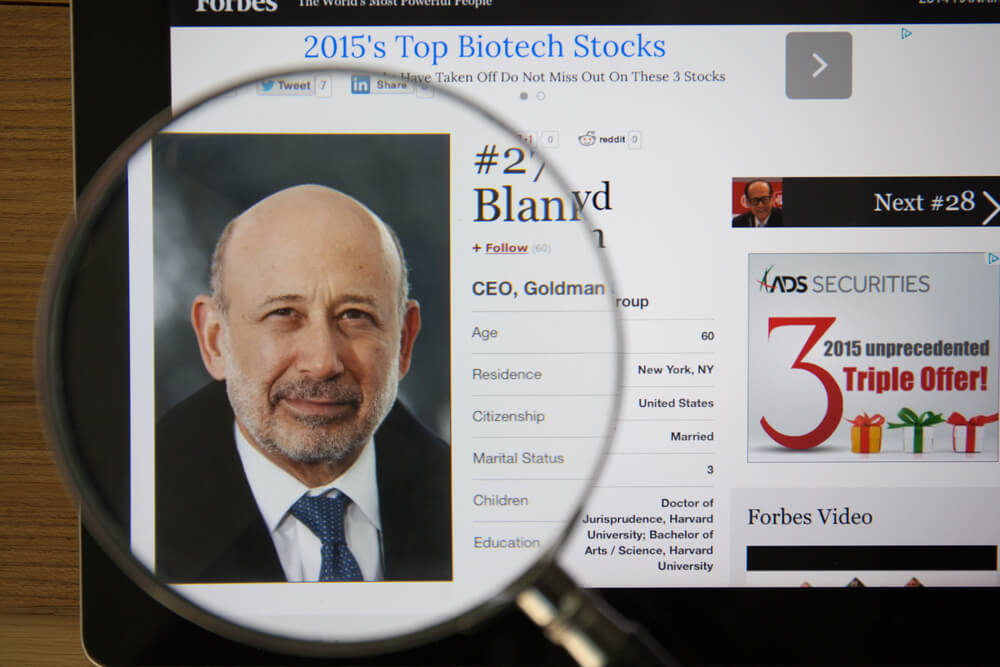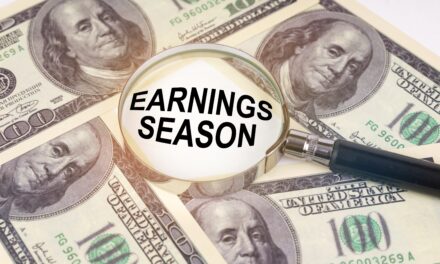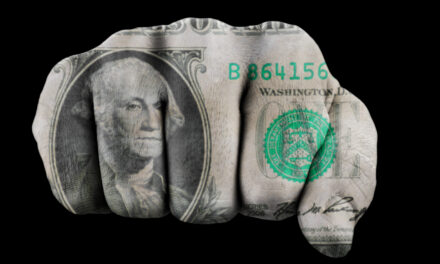Former Goldman Sachs CEO Lloyd Blankfein said that while he isn’t a supporter of Donald Trump, he believes tariffs are the best hand the president has in renegotiating trade deals where the U.S. has been losing far too long.
“Do I think (tariffs are a) negotiating tactic? Yes. Do I think it could backfire on us? Yes. But if we don’t do anything, this will just go on for a lot longer.”
“I don’t think he’s wrong here,” Blankfein said in an interview with Politico.
Blankfein went on to defend Trump, slamming pundits on TV who are “missing the point” on the tariffs in the first place.
“Of course it’s bad for everybody,” he said. “Sometimes you engage in behavior that’s bad for you because you can’t bring the other side to a reasonable conclusion — until you establish who has more at stake.
Markets have been extremely volatile since the escalation in the trade war, after the Trump administration followed through with a hike from 10% to 25% on $200 billion worth of Chinese imports. Beijing retaliated with 25% tariffs on $60 billion worth of U.S. imports, mostly hitting the agriculture sector.
After China retaliated, Trump then threatened an additional round of tariffs.
“Do I think this is a negotiating tactic? Yes. Do I think it could backfire on us? Yes. But if we don’t do anything, this will just go on for a lot longer,” he said.
Blankfein then fired off a couple of tweets on Tuesday, saying tariffs are a good idea and an “effective negotiating tool.”
“Tariffs might be an effective negotiating tool. Saying it hurts us misses the point,” he said. “China relies more on trade and loses more. As in a labor strike where (management) & workers both get hurt, the process may demonstrate relative strength & resolve & where compromise needs to happen.”
Tariffs might be an effective negotiating tool. Saying it hurts us misses the point. China relies more on trade and loses more. As in a labor strike where mngmnt & workers both get hurt, the process may demonstrate relative strength & resolve & where compromise needs to happen.
— Lloyd Blankfein (@lloydblankfein) May 14, 2019
Blankfein also noted that U.S. consumers bear the brunt of the cost of the tariffs up front, but China pays on the back end — if U.S. consumers stop buying products made in China.
“As to who ultimately bears the tariffs cost: US buyers may eventually switch their purchases to domestic or non-Chinese companies (and pay a bit more than now),” he tweeted. “Chinese companies lose the revenues. Not great but part of the process to assert pressure to level the playing field.”
As to who ultimately bears the tariffs cost: US buyers may eventually switch their purchases to domestic or non-Chinese companies (and pay a bit more than now). Chinese companies lose the revenues. Not great but part of the process to assert pressure to level the playing field.
— Lloyd Blankfein (@lloydblankfein) May 14, 2019
As for the president himself, Blankfein told Politico that Democrats are “part of the problem” when it comes to how the tariffs are perceived.
“I didn’t support Trump, obviously, but I don’t think he’s wrong here,” he said. “Part of the problem with the Democratic Party is if Trump said the world is round they would say it’s flat.”




